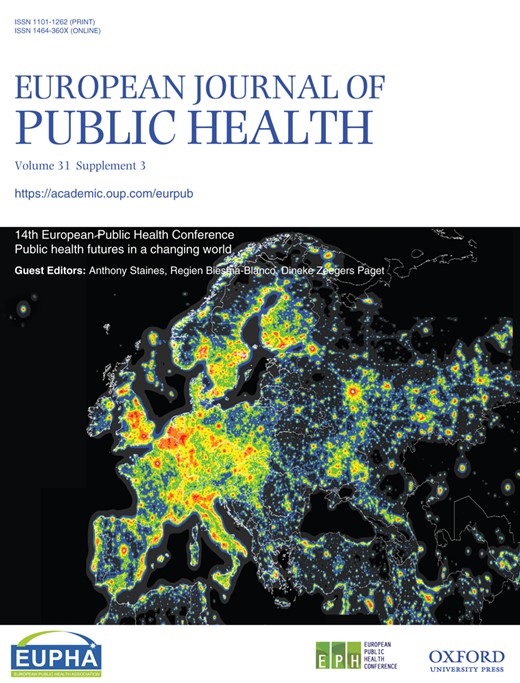-
PDF
- Split View
-
Views
-
Cite
Cite
W Herrmann, H Napierala, D Kanehl, K Krüger, F Holzinger, The evidence of social prescribing – Challenges found in conducting a systematic review, European Journal of Public Health, Volume 31, Issue Supplement_3, October 2021, ckab164.440, https://doi.org/10.1093/eurpub/ckab164.440
Close - Share Icon Share
Abstract
Social Prescribing originated in the United Kingdom. However, it is interesting for other European countries because it builds upon existing structures in health and social care. Thus, the German Federal Ministry of Education and Research (BMBF) sponsored a systematic review on social prescribing covering studies worldwide. A systematic review on the effect of social prescribing was conducted with a search of eleven databases. Included were interventional studies which targeted at adults with a community referral initiated by a medical provider. This presentation will focus on methodological aspects of the studies found. Four main challenges in reviewing the evidence of social prescribing were found: the heterogeneity of outcomes, the origin of a majority of studies from a single health care system, the lack of randomized controlled trials, and an often insufficient reporting. 1) Heterogeneity of outcomes: The outcome measurements cover most often the quality of life, mental health and health economics. Follow-up time was often short; 2) Uniformity of health care setting: Out of 52 studies included, 50 took place in the UK and two in Australia; 3) Lack of randomized trials: Out of the 52 studies, only two were randomized controlled trials, one was a non-randomized controlled trial and 49 studies were non-controlled studies with a before-and-after design; 4) Most of the studies have not been published in peer reviewed journals, but in openly available reports. Only 16 studies were published fully peer-reviewed, and four partly peer reviewed. Often, important results were missing in the reports. The existing evidence on social prescribing is mainly from one health care system and of mainly low quality. This is a barrier to implementing social prescribing schemes in other countries. Thus, rigorous randomized controlled trials on social prescribing, especially from health care systems outside the UK, are needed to ascertain the efficacy of social prescribing.




Comments